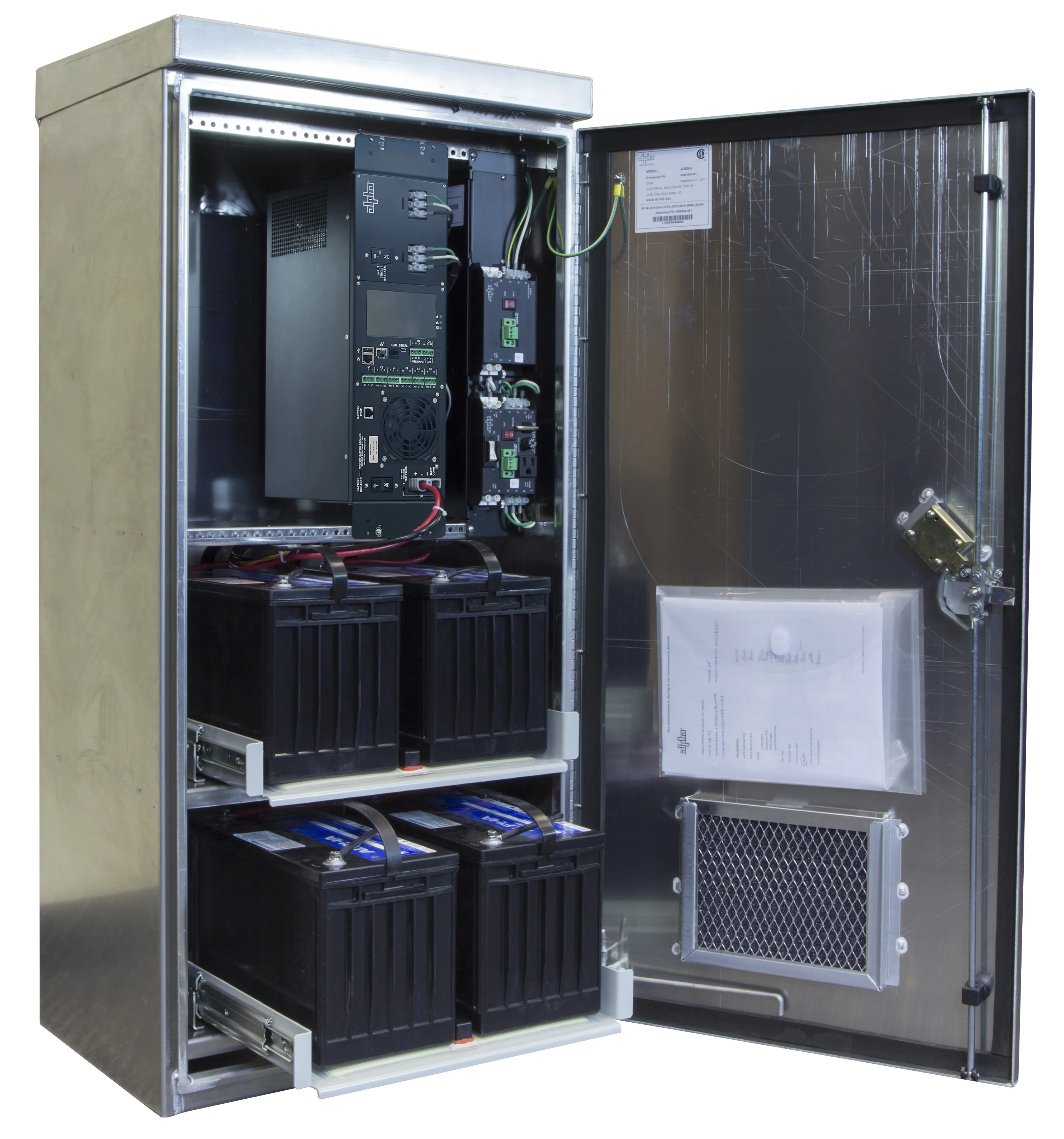
Applied Information says it is now able to integrate Internet of Things (IoT) connectivity with Alpha Technologies' battery back-up systems.
Monitoring and managing traffic control infrastructure such as traffic signals and warning systems - so long as they are fitted with Alpha’s technology - will now be more reliable, Applied says.
“By marrying battery back-up and remote communication, we can provide detailed system insights and advanced warning of power failures,” says Peter Ashley, Applied's vice president of business development. “As a result, traffic engineers will see huge time savings by knowing the exact fault before heading to site.”
"Instant alerts of power outages relay important system status changes for rapid response to power outages preventing interruptions of service which could lead to crashes," he adds.
"Knowing the nature of the problem instantly can also save resources by avoiding unnecessary truck rolls, especially to isolated locations."
The integration of Applied’s remote communications technology with Alpha’s power solutions "increases customer value", said Max Guenther, Alpha director of industry and traffic.
“Having the Alpha UPS backup to support intersections outages is extremely important," he continues. "When combining these two solutions, customers will know the nature of the outage, if the intersection is running on battery back-up, and what to do to keep systems online.”










